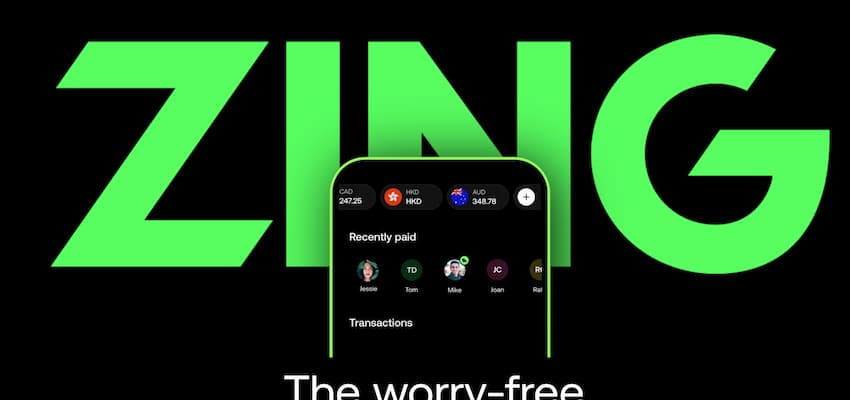HSBC to Signal Competition with the New Fintech Product Zing

HSBC's launch of its new international payments app Zing marks a significant shift in the banking behemoth's approach to international money transfers. Stepping into a domain long ruled by agile fintechs, Zing isn't just another app; it's HSBC embracing change, and almost akin to showing a readiness to compete in a market that's increasingly driven by efficiency, innovation and user experience.
Zing's Features and Potential
Zing aims to differentiate from HSBCs with several distinctive features:
- User-Focus and Customisation: Drawing inspiration from fintech models like Wise, Revolut, and Starling Bank, Zing places a strong emphasis on user experience. Its design is tailored to the modern consumer, offering a range of customizable options.
- Transparent Fee Structure: One of Zing's key selling points is its commitment to transparency, especially regarding fees. Users can expect clear, upfront information about costs associated with their transactions.
- Security and Support: Zing promises robust security measures, akin to those expected from an established banking institution, coupled with the assurance of 24/7 customer support.
Zing currently handles handles a limited range of currencies, which might restrict its immediate appeal in the diverse international money transfer market. However, this debut could be the first step in a broader strategy. The real question is whether HSBC will expand Zing to more currencies and regions, taking full advantage of its global reach and expertise. It could be the start of a trend where traditional banks no longer play it safe in the remittance domain. By launching Zing, HSBC is potentially paving the way for other major banks to adopt more innovative and competitive approaches.
Looking Ahead: Will HSBC's Gamble Pay Off?
We believe the success of Zing rests on HSBC's ability to balance its vast experience with the nimbleness typically seen in fintech startups. If successful, Zing could redefine how traditional banks approach the dynamic world of international money transfers. Zing represents more than HSBC's entry into a new market; it signifies a possible change in how traditional banks view and approach the world of fintech and international remittances. Whether Zing can strike the right balance between the reliability of a major bank and the agility of a fintech remains to be seen, but its launch is a clear sign that the financial industry's giants are ready to adapt and compete.